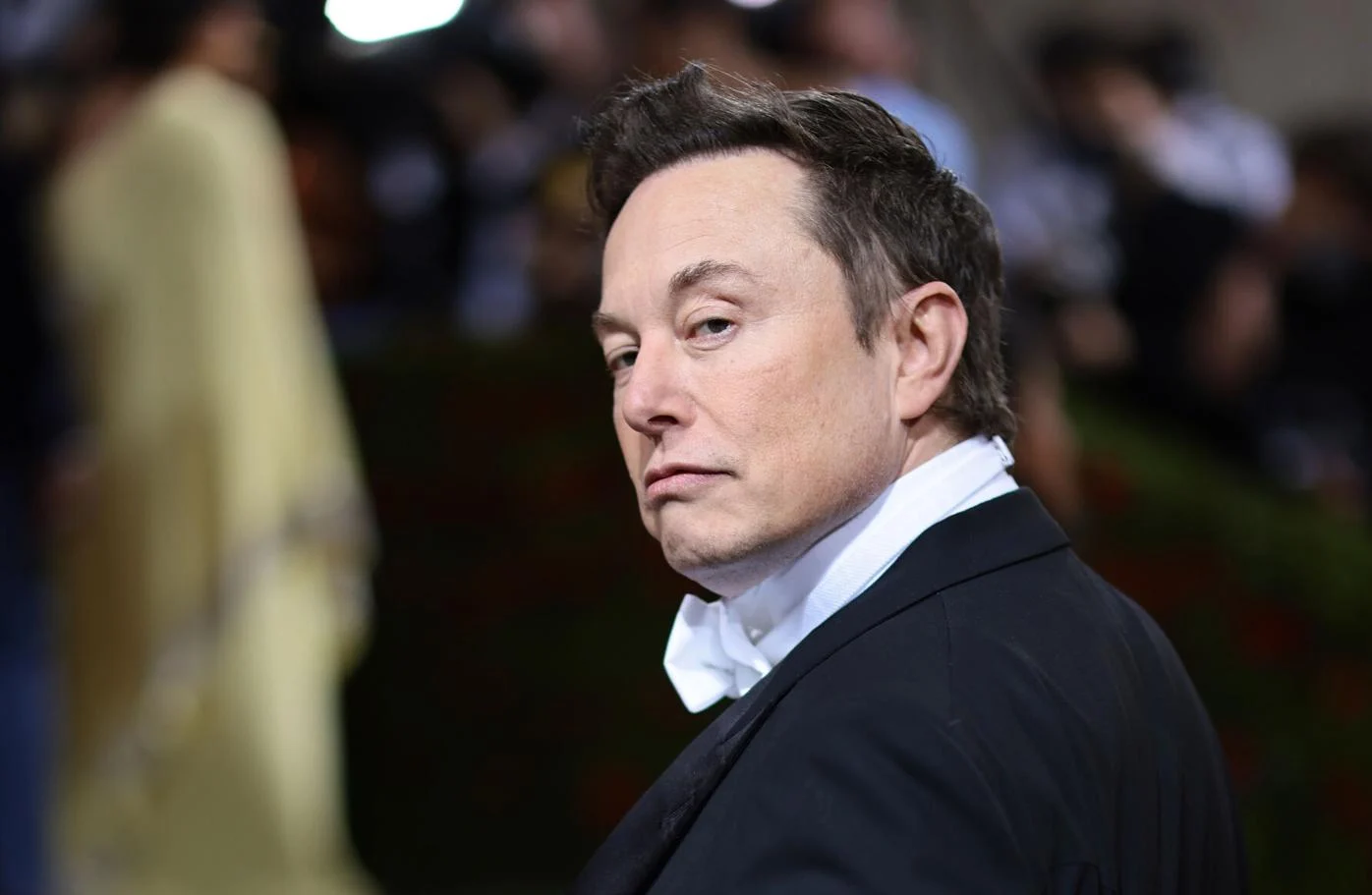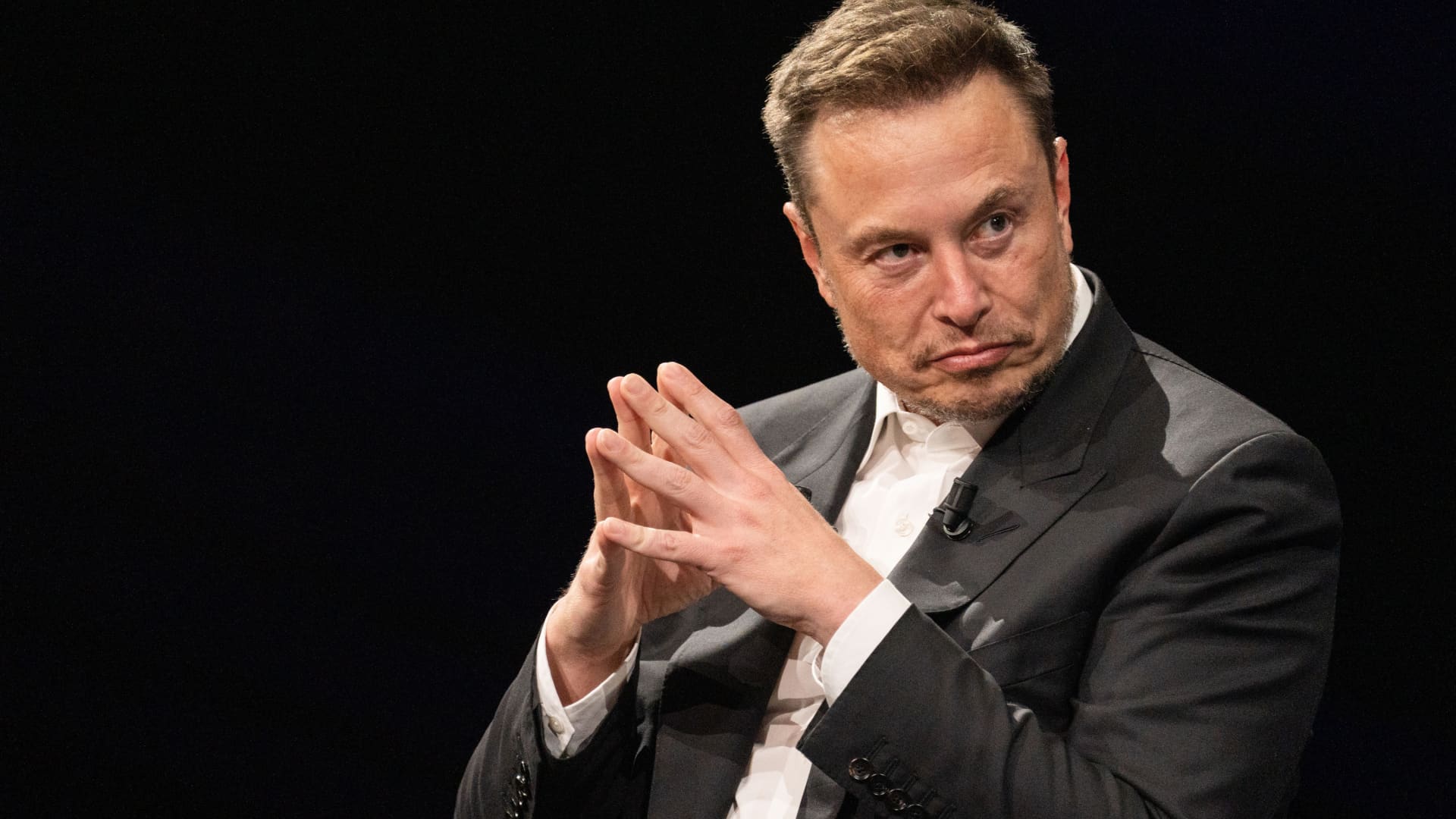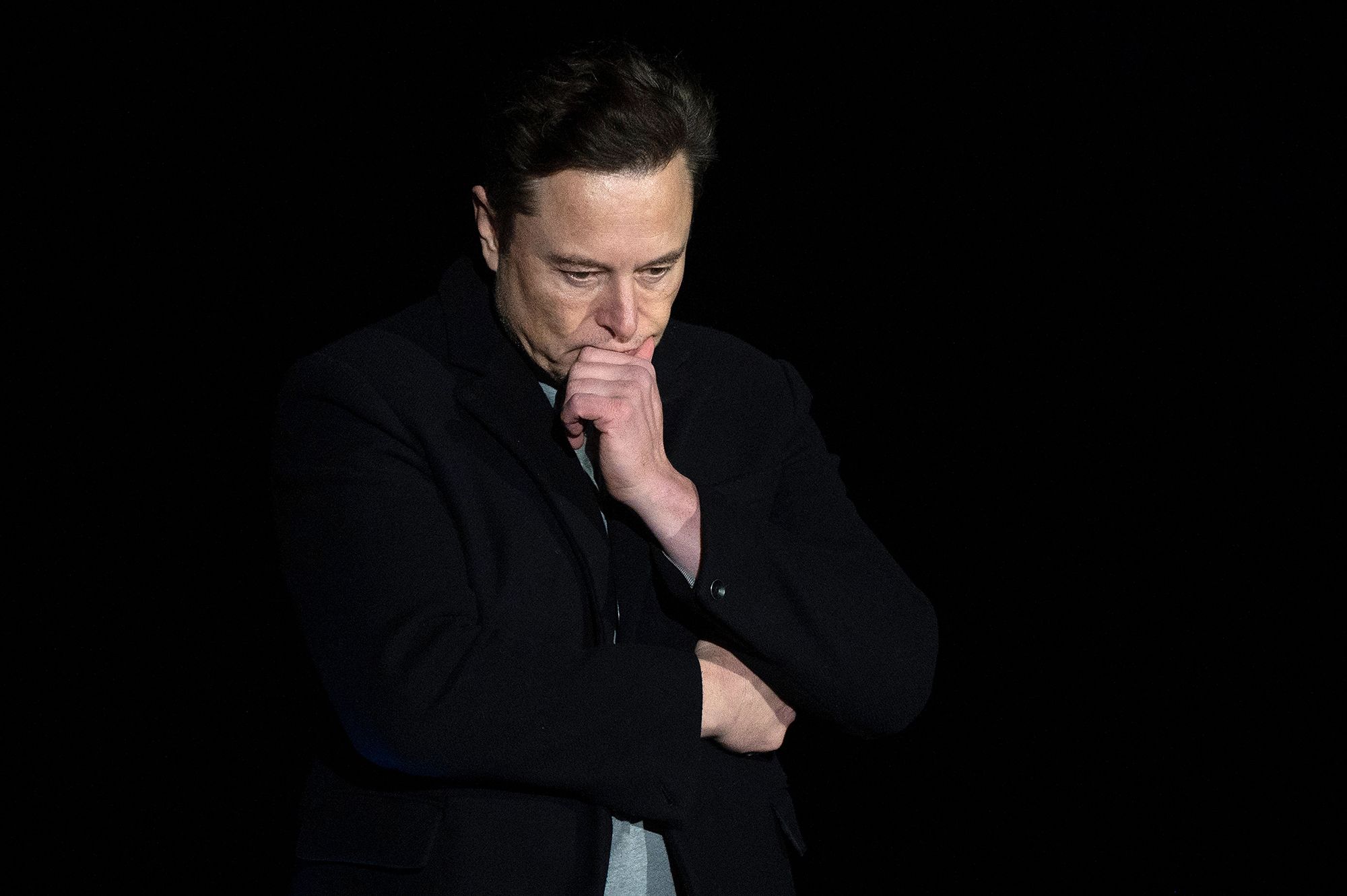In a decision that has sent shockwaves through the corporate world, Elon Musk’s staggering $56 billion compensation package at Tesla has been voided by a Delaware judge. This unprecedented ruling raises questions about the future of CEO compensation and whether this could signify a turning point in how executive pay is scrutinized and governed.

A Rare Court Intervention in CEO Pay
The voiding of Elon Musk’s compensation is not just a headline; it’s a narrative about the complexities of corporate governance, the role of shareholders, and the legal frameworks that underpin executive compensation in America.
The Delaware court’s decision to intervene is notable given its reputation as a bastion for corporate America, known for its business-friendly legal environment.
This rare instance of judicial intervention into a CEO’s compensation package underscores a unique moment in corporate governance. It prompts a broader discussion on the mechanisms of executive pay and the checks and balances that should exist within publicly traded companies.

The Uniqueness of Elon Musk’s Compensation Package
Elon Musk’s compensation package was extraordinary not just in its magnitude but in its structure, tying the size of his stock options directly to Tesla’s market valuation. This innovative yet controversial approach meant Elon Musk’s earnings would exponentially grow as Tesla’s market value soared, a situation Chancellor Kathaleen McCormick deemed “excessive.”
Experts argue that the Elon Musk case is a standalone event, highlighting its unique circumstances. James Park, a securities fraud expert and law professor at UCLA, believes that while the case marks a willingness to scrutinize executive pay arrangements, it is unlikely to open the floodgates for similar legal challenges.
The singular nature of Musk’s contract, combined with Tesla’s explosive growth, positioned this arrangement as a highly defendable outlier.
The Role of Tesla’s Board and Corporate Governance
Central to the court’s decision was the observation of the “extremely close ties” between Elon Musk and the Tesla board members who approved his compensation. This scenario amplifies ongoing concerns about the efficacy of corporate governance, especially in situations where a board may not be exercising independent judgment due to personal or professional connections with the CEO.
#VantageOnFirstpost: Elon Musk's $56 Billion pay package at Tesla has been voided by Court. It was the largest corporate pay deal ever. Judge tossed out Musk's pay package calling it "an unfathomable sum". Why do CEOs get paid so much? Is it justifies? @Palkisu tells you. pic.twitter.com/93JfJR1kJH
— Firstpost (@firstpost) January 31, 2024
Ann Lipton, a corporate law expert, points out that the intricacies of Tesla’s case, especially the board’s composition—comprising Elon Musk’s close associates and even a family member—paint a picture of a governance model that is far from the norm.
This highlights a critical aspect of corporate governance: the importance of a board’s independence in negotiating compensation packages.
Implications for the Future of CEO Compensation
While the ruling against Elon Musk’s compensation package has captivated the corporate sector, experts caution against viewing it as a harbinger of widespread change in executive pay structures.
The uniqueness of the Tesla case, coupled with the specific concerns raised about board independence and compensation package structure, suggests that this is less about setting a precedent and more about addressing a highly unusual situation.
The broader question of whether other CEOs should worry about their compensation coming under similar scrutiny seems to be met with skepticism. Lipton suggests that for companies practicing good corporate governance, Musk’s case is more of an anomaly than a warning signal.

Is it a Standalone Saga or a Sign of Changing Times?
The fallout from the voiding of Elon Musk’s compensation package is a compelling tale of corporate governance, legal intervention, and the bounds of executive compensation. While it undoubtedly raises important questions about the oversight of CEO pay, the consensus among experts is that this is a standalone case rather than a trendsetter.
As the dust settles, the focus remains on how corporations can ensure robust governance practices that safeguard against potential conflicts of interest and ensure compensation packages are both fair and justifiable. For now, Elon Musk’s saga with Tesla stands as a fascinating case study of the complexities of modern corporate governance.










